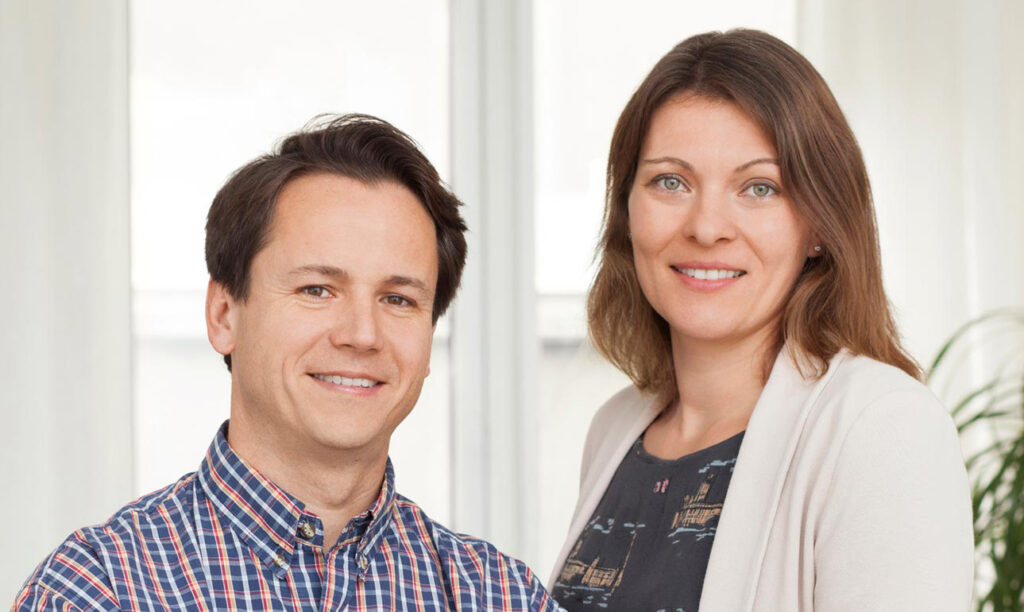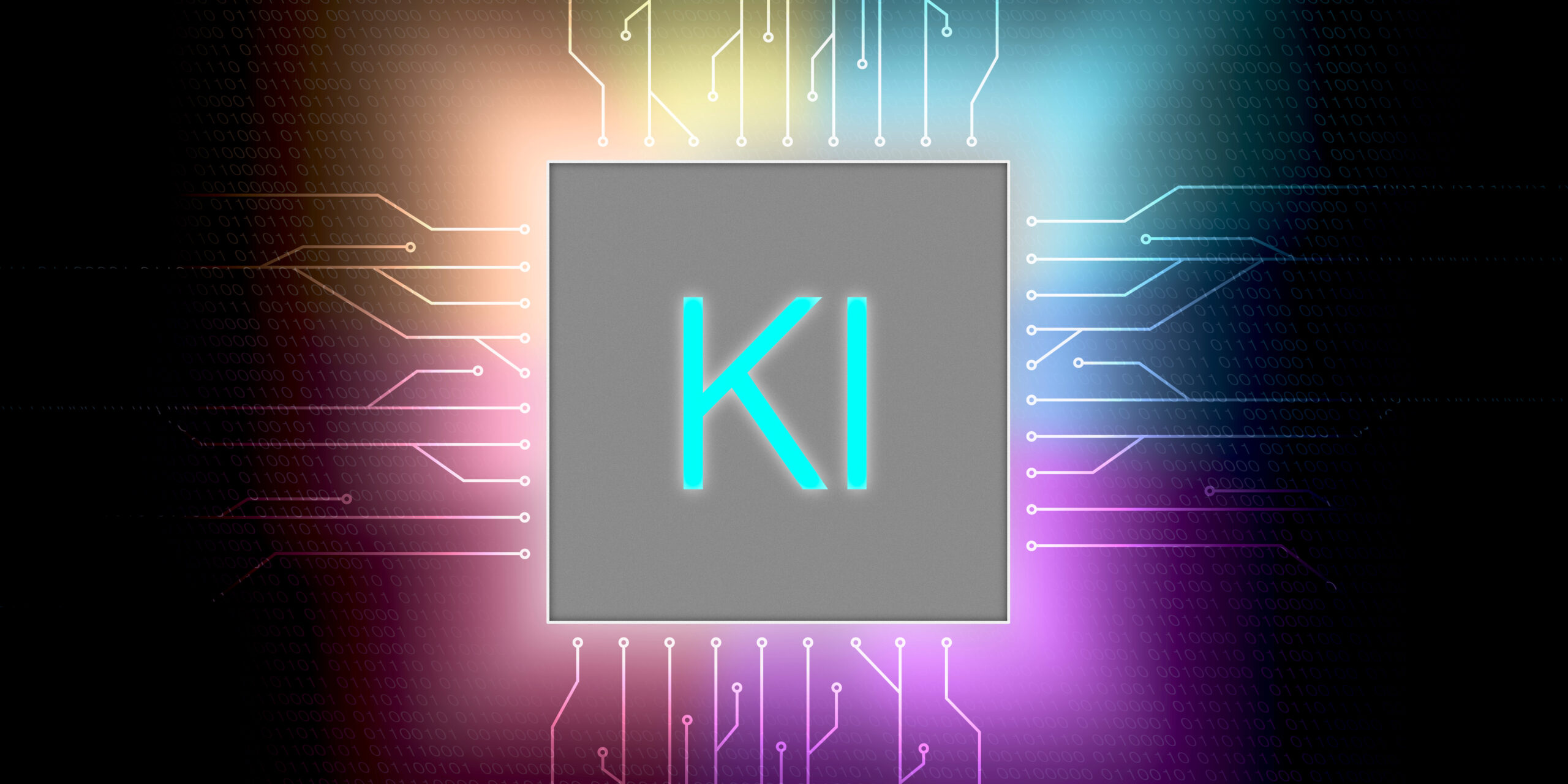ChatGPT answers questions in mere seconds, creates texts at the push of a button and translates them into countless languages. Is artificial intelligence (AI) making the work of translation experts redundant?
In the last few decades, AI has played a significant role in automating processes and tasks in many industries, not least in the translation sector. Technological development is forging ahead at pace, with ever more new language tools being launched onto the market. Yet Anita Wilson and Klaus Fleischmann (CEOs of the translation agency Eurocom) say the future of professional translators is not in jeopardy.

Mr Fleischmann, since the emergence of ChatGPT, many are predicting the end of professions like that of the translator. What's your take on that?
Klaus Fleischmann: The language technology behind ChatGPT has already been around since the 1990s. And just like with the modern hype, Internet giants like Google gave the concept of neural machine translation a huge publicity boost around ten years ago. Back then people were also predicting the end of our jobs, but as you can see, we're still here and are still needed.
To what extent does AI influence your work today?
Klaus Fleischmann: Technology has been an essential part of our industry for decades. We were using databases with the primary goal of consistently reusing content long before Google and AI came along. The technology we use today already incorporates a wide variety of AI elements, which prove very helpful when translating technical documentation, for example.
In what way?
Klaus Fleischmann: There's a multitude of content involved in this area. Within the EU alone there are around 30 languages to cover. A 100-page manual therefore combines a lot of information. The time factor also plays a role. Once the documentation is complete in the source language, the translations should follow as quickly as possible. For this reason, our industry has already given a lot of thought into to how recurring content in the source language can be reused. That's why we've been using AI and machine translation for a long time, as they speed up our work. However, we always apply them under the watchful eyes of professionals to correct any errors, and also prevent them from occurring again. AI learns from this too.
What special knowledge is required to translate technical documentation?
Anita Wilson: The industry has a global reach, which is why Eurocom works with local translation teams in numerous countries. So if we receive a request to translate something into Chinese, our partner agency in China handles the enquiry. This is an important reason why there will still be demand for human translation in the future, especially for texts containing cultural nuances and idioms. It helps to know what certain things are called in the local region. Specialist knowledge is also a requirement for technical documentation.
What role does quality assurance play in the translation of technical documentation?
Anita Wilson: Ideally, the translation process starts as early as the content creation stage. That's why we foster regular dialogue with our clients and also send our translation teams to visit the client's premises, so that they can visualise the product and discuss the main focus of the content in advance. Technical terminology and industry-specific terms need to be translated accurately, all while taking cultural differences and regional requirements into account. AI chatbots like ChatGPT can't provide these services.
Klaus Fleischmann: Anyone experimenting with ChatGPT will quickly realise that this AI tool also "hallucinates", or in other words, simply makes up content and presents it as fact. The same can be said of machine translation. In specialised technical texts this can lead to errors with fatal consequences. That's why it's important to thoroughly think through the AI-assisted processes with professionals, use them in an appropriate way and also always keep a watchful eye on them.
Internationalization: AI requires human intellect
This interview was conducted by Rosi Dorudi and first appeared in Assets magazine. You can find out more about the author, a freelance journalist, at https://www.rosidorudi.com/.



